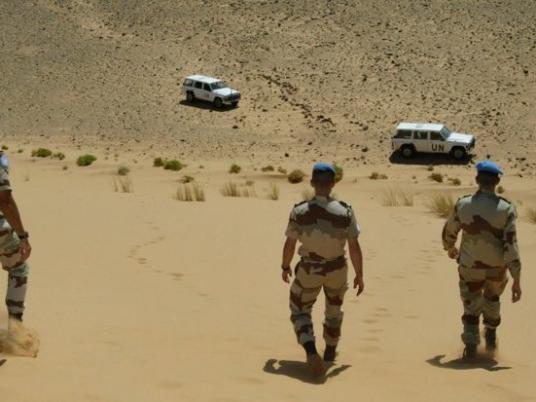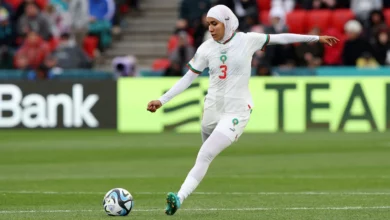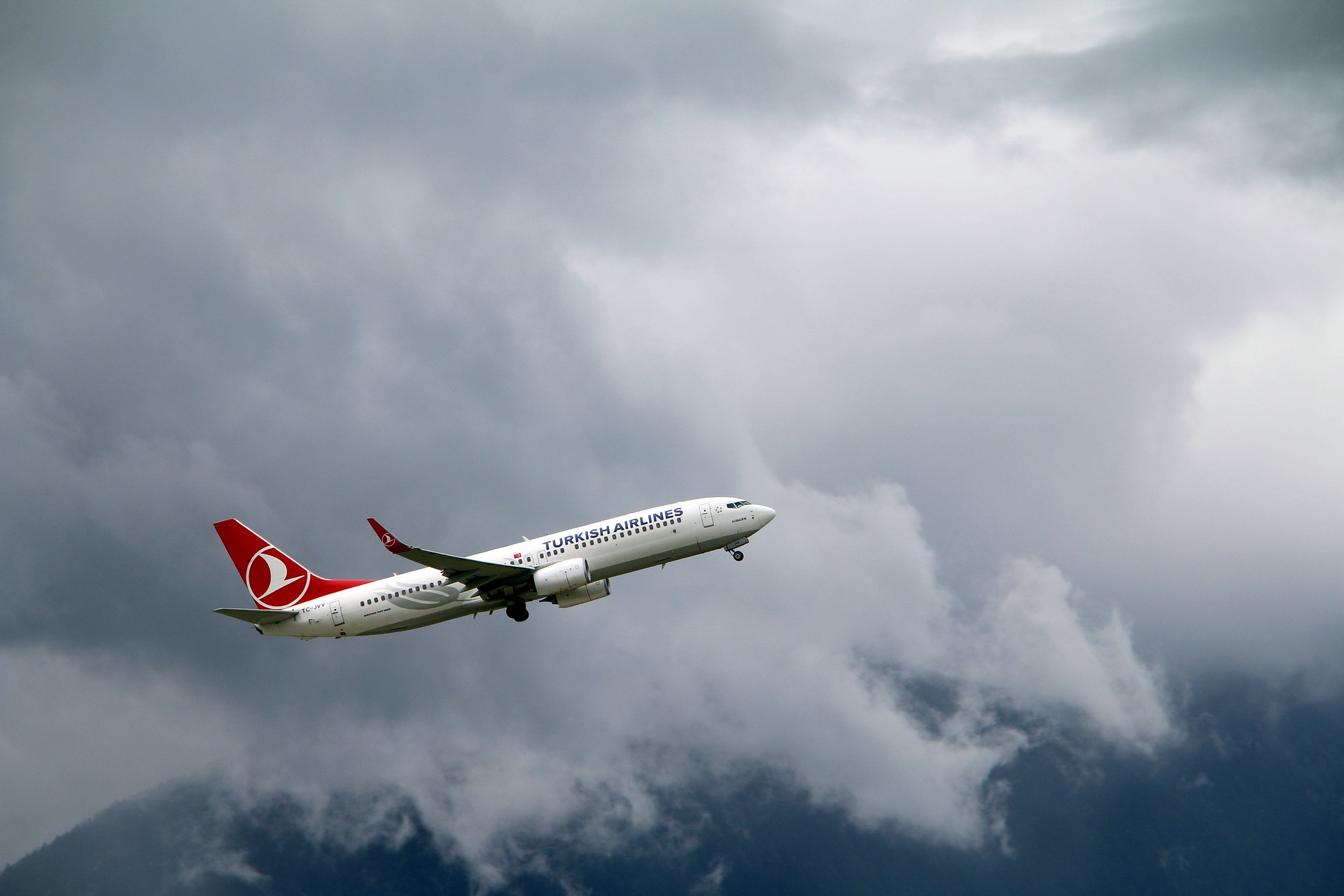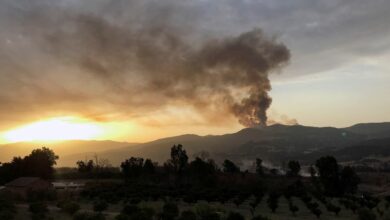
South Africa on Tuesday accused UN Security Council powers of "conveniently" ignoring human rights abuses in the disputed territory of Western Sahara.
The council again rejected growing demands for the UN peacekeeping force in the Moroccan-controlled territory to have a permanent rights investigation duty.
But the annual resolution renewing the mandate of the UN force did stress the need for Morocco to improve rights in Western Sahara, which it annexed in 1975 following a Spanish withdrawal.
South Africa's UN ambassador Baso Sangqu said the 15-nation council was guilty of "double standards" by taking "bold steps" over the Arab Spring countries but refusing a permanent rights monitoring system for Western Sahara.
The rights of the people of Western Sahara must be "equally defended with the same zeal and commitment," he told the council.
Without naming countries, he said "the selective approach to human rights by this council calls into question the motivation of those who have conveniently looked the other way while human rights abuses are committed in Western Sahara."
France, a permanent member of the council, is a strong backer of Morocco but has strongly denied trying to influence the Western Sahara talks. South Africa and Morocco are current temporary members of the council.
This year's talks on the UN mission were held amid growing UN complaints that its mission in the sparsely populated phosphate-rich territory is being "undermined" by Moroccan tactics.
The Security Council resolution, which renewed the peacekeeping mandate until April 2013, stressed "the importance of improving the human rights situation in Western Sahara and the Tindouf camps."
Morocco controls the bulk of the territory. The Polisario Front, which fought a guerrilla war against the Moroccans until a UN-brokered ceasefire in 1991, governs the Tindouf camps in Algeria which were set up for Sahrawis who fled the conflict.
The resolution called on the two sides "to work with the international community to develop and implement independent and credible measures to ensure full respect for human rights."
The peacekeepers are officially known as the UN Mission for the Referendum in Western Sahara (MINURSO). Efforts to organize a vote for the Sahrawi people have been deadlocked for years however.
UN-brokered talks have failed to make progress on a political solution between the Polisario Front and Morocco.
Morocco's UN ambassador Mohammed Loulichki said the council had been "quite correct" to again reject "broadening the mandate to bring in questions which have nothing to do with the function" of the UN mission.
"Morocco makes a commitment to the (UN-brokered) negotiations" on the territory, said Loulichki. But he reaffirmed Morocco's claim to sovereignty over Western Sahara and said a referendum could lead to "disharmony and tension."
The Polisario Front's UN envoy, Ahmed Boukhari, also condemned what he called the "intrigues and subterfuges" of council members, including France, and said it had not been strong enough on human rights.
"It does not respond to the demands of international human rights organizations nor to the gravity of the situation on the ground, which reveals that there are dozens of Sahrawi political prisoners, hundreds of disappeared in addition to those who have died in detention in Moroccan secret prisons," he said in a statement.




